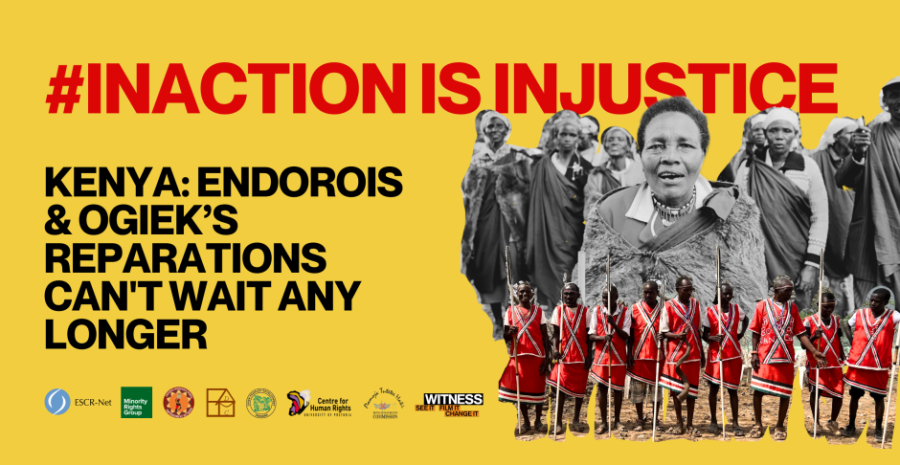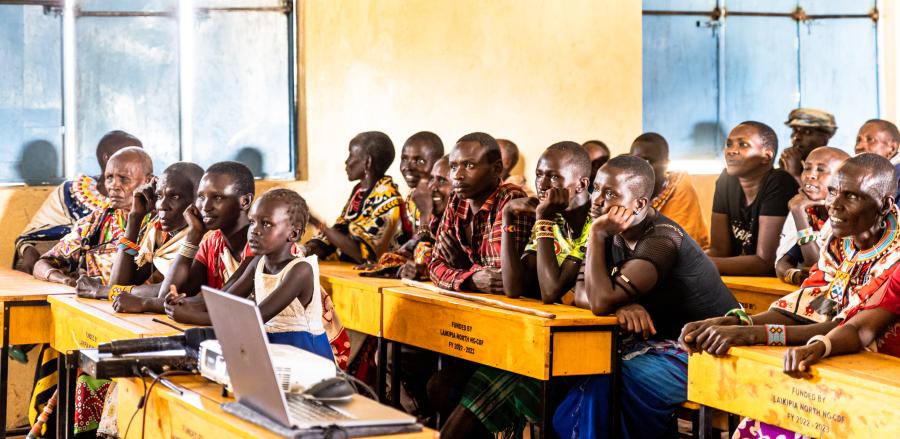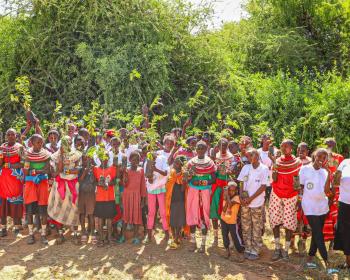In late November, hundreds of heavily armed policemen forcibly evicted 300 Samburu families from ancestral lands that former president Daniel Arap Moi had purchased in a land-grab typical of his administration. Police chose a Friday “market day” for their attack, when the men were away and only women, elders, and children were in their homes. Fanning out across the 17,000- acre Eland Downs Ranch, police burned the Samburu families’ homes to the ground, along with all their possessions.
Identified in the Kenyan press as “squatters,” the evicted Samburu families had petitioned a regional court to recognize their ancestral claims to the land where they lived and grazed their cattle. The case is scheduled to be heard in February 2011, and the court had issued an order against any evictions in the interim period.
Press reports state that the African Wildlife Foundation (AWF) recently purchased the property from the former president and that the evictions were carried out at their request, although AWF disputes this. AWF has been negotiating to purchase the property to create a conservation corridor for wildlife, along with “sustainable livestock grazing and other community development projects.”
Cultural Survival condemned the violent evictions in a letter to AWF and questioned their prospects for generating “community development” on the heels of such brutal treatment of the local pastoralists.
A British film crew got a first-hand view of the brutality when they attempted to interview some of the evicted Samburu. They witnessed police clubbing Samburu elders, and the crew was twice detained and threatened by aggressive policemen. They were filming a documentary about the impacts of conservation projects on Indigenous Peoples which will air on public television in March 2011.



